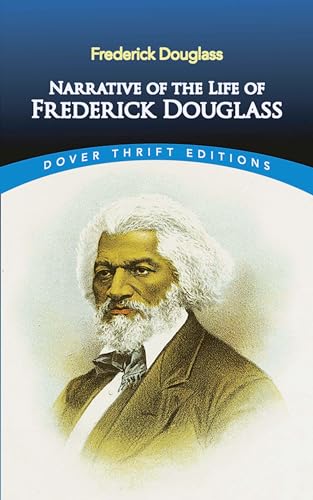

Captain Anthony was not a rich slaveholder, but he had slaves and hired hands working for him.Īs bad as conditions were for slaves in that part of Maryland, conditions were far worse on Deep South plantations. Douglass' master, Captain Anthony, worked as a clerk and superintendent for Colonel Lloyd, who would have been considered virtually a feudal lord of the region. Many of the songs that slaves sang at that plantation mention the Great House Farm Douglass didn't understand the implications of the lyrics of the songs while he was enslaved, but as a free man in the North, he has heard whites commenting that the singing of slaves is "evidence of their contentment and happiness." He refutes this myth, stating that slaves sing in order to relieve their sorrow much like tears relieve an aching heart.īesides the master-slave division, Douglass points out that within the slave-owning class, there is also a hierarchy. The home plantation of Colonel Lloyd was called the Great House Farm, and it was a privilege for a slave in the outlying areas of the plantation to be asked to run errands there. Severe, was "armed with a large hickory stick and heavy cowskin" and took "fiendish pleasure in manifesting barbarity." Severe's early death was considered a sign of a "merciful providence" by the slaves, but he was soon replaced by Hopkins, a less profane man, but no less cruel than Severe. The master's latest overseer, with the fitting name of Mr. They had to work long hours in the fields and were deprived of sleep. Douglass explains that if slaves broke plantation rules, tried to run away, or became generally "unmanageable," they were whipped and shipped to Baltimore to be sold to slave traders as a "warning to the slaves." He discusses the meager food and clothing allowance given to slaves: "Children from seven to ten years old, of both sexes, almost naked, might be seen all seasons of the year." Slaves had no beds and only some were given blankets. Douglass describes his master's family and their relationship with Colonel Lloyd, who was sort of a "grand master" of the area.


 0 kommentar(er)
0 kommentar(er)
